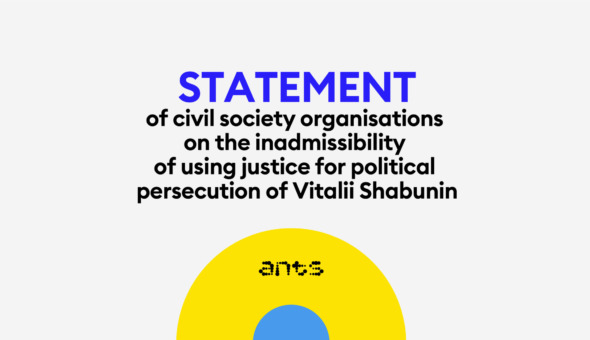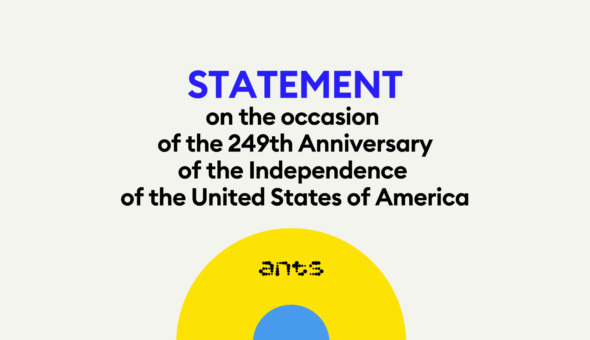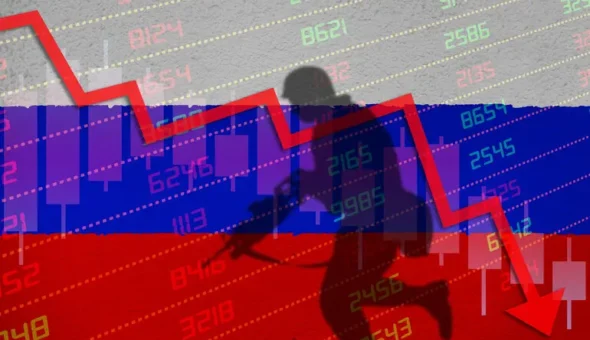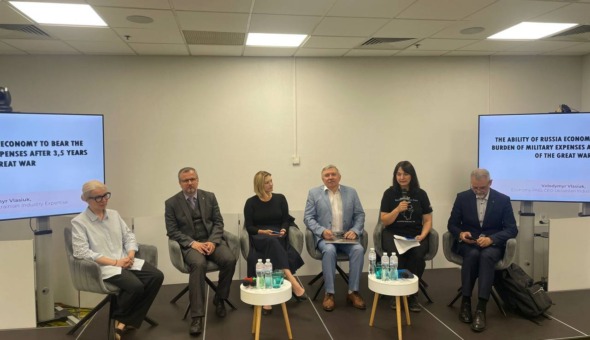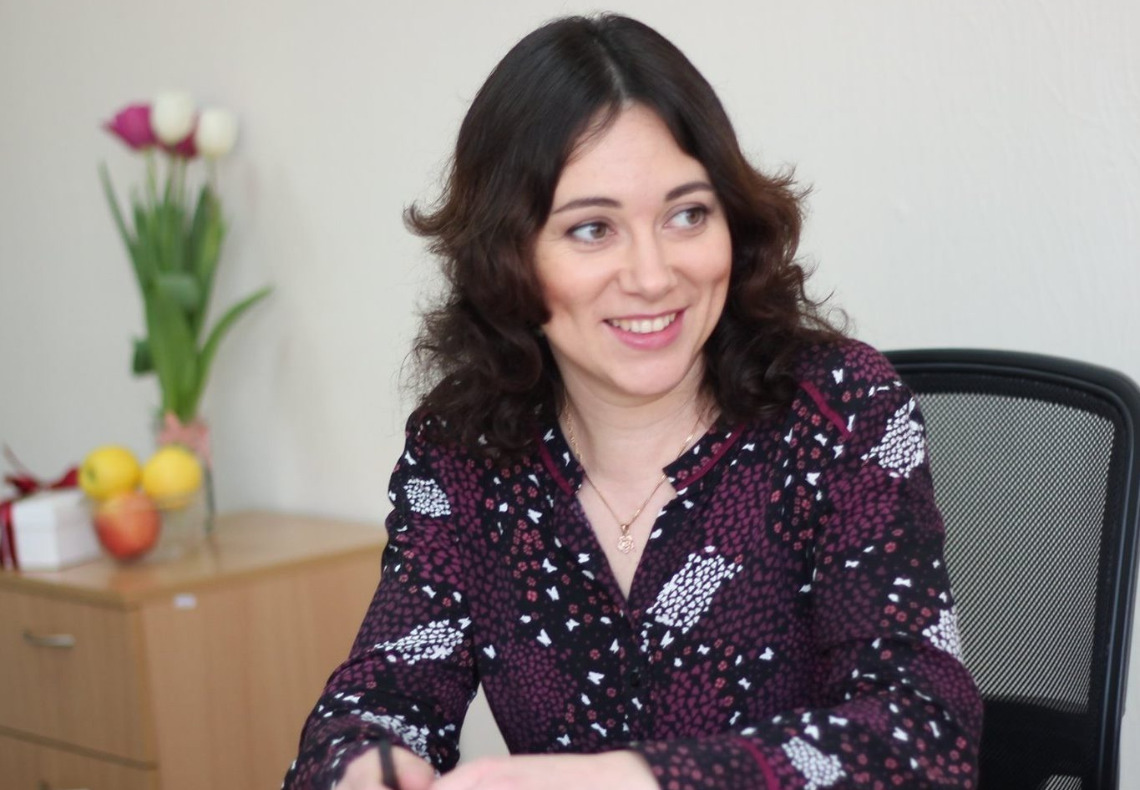
How did you become interested in working in the public sector? What were your goals at the beginning of your career?
It seems to me that this has been natural to me since childhood. I was always indifferent to different problems and different people. I was very concerned with the issue of justice, and probably as early as kindergarten, I explained my rights and needs to the teachers. It came naturally from my childhood, I was constantly participating in all possible activities, I was a class leader, and so on. I started in the last grade of school, and by that time I was already in a public organization that was engaged in the development of tourism and children’s sports, that is, we participated in rafting and hiking and various events in Donetsk, in other regions of Ukraine, and abroad.
In my second year of study, I came to the Donetsk regional organization of the Committee of Voters of Ukraine for an internship and started writing about election campaigns. It was my first journalistic and political science experience. I was writing in Ukrainian, which was not a common language in Donetsk.
I was an independent observer at the elections, watching how the law was being observed and being very active. From time to time, I was asked to leave the polling station so that I could not see some violations, but they did not succeed. We always recorded violations, not just procedural ones. So, I will say again that, for me, it is more of a natural moment. For example, after displacement, some people begin to realize that they need to protect their rights in a new community and start to unite in initiative groups or public organizations, that is; this is the first experience for people often in their 30s and 40s, or even later.
I have had it almost since childhood. With all my moves, I did not abandon my public activities, I just reoriented them because in Donetsk I was involved in many socially important issues, such as tobacco control, the development of bicycle infrastructure, the promotion of a healthy lifestyle, and the activation of citizens. These were light projects, and when the war broke out in 2014, we, of course, organized the Ukrainian counteraction movement in Donetsk as long as it was possible, and then we started protecting the rights of internally displaced persons (IDPs).
Actually, since then, I have been working on overcoming the consequences of the war. This is already at the national level, we work with ministries and deputies, but I continue my hobby, I continue to teach people, and I continue to share my experience and stories of public activity. Now there are many IDPs who want to learn how to protect their rights, and how to understand how changes are taking place in the country or community. I have my own training on communication with the authorities and advocacy, and I periodically conduct such training and help people to be involved and active.
How, if at all, has the attitude towards IDPs changed since you moved to Kyiv and saw the beginning of russia’s armed aggression in the east of the country and the full-scale invasion? What do you think influences the attitude of citizens towards internally displaced people?
This is a really difficult question because the first wave of IDPs really faced many problems of perception, stigmatization, stereotypes that all Donetsk residents chose Yanukovych, or accusations that they were bandits. It was very noticeable, people were not renting apartments, and so on. Recently, I found an interview with a woman from Donetsk with two children who said that it was very difficult to find an apartment. This is still the case today: that a woman and children, animals, and all landlords have standard stereotypes about the Donetsk residence permit, that a woman cannot raise children and pay for an apartment, that children will paint the walls, and that pets will damage property.
It’s a bad “tradition” to treat people in trouble who are in a vulnerable position in this way for some reason. I can’t say that this habit has changed since the start of the full-scale invasion, but I know that people face the same problems when renting, finding a job, and forming a new environment. The absence of friends and family requires them to establish connections in the new community. This is really not easy for everyone, and many people withdraw into themselves, which worsens their psychological state and increases their tendency to return to dangerous places.
It should be understood that if a community does not accept new residents, it is likely that these people will return to the war zone or to settlements that are unsuitable for living and child development and where it is unclear how to live. While the state is making efforts to evacuate children, we have forced evacuations, and we are constantly working on this to get civilians out of the danger zone. At the same time, such unacceptable trends are already often visible in host communities at the level of people. In the first weeks of the full-scale war, society was in a state of shock, and it united and rallied around the external enemy. This is traditional for Ukraine, that is, cohesion occurs in the presence of an external threat, and then, when the threat is over, society begins its natural process of quarreling again.
This was with IDPs from Donetsk or Luhansk, but it is the same now at the level of everyday communication. If a person comes from Kherson or Kharkiv, for example, questions arise: “You have family in Kharkiv, so why did you come here?” or “They drive a car like this, and they also receive payments.” This is a more human factor, and I wouldn’t even say that it is political or ideological, human relations remain as they are. Of course, I want to believe that more people are ready to help and understand, but other facts appear from time to time.
In your opinion, which sectors (housing, healthcare, education, employment, etc.) require the most attention to improve the living conditions of internally displaced persons? And what is the current state of affairs in this regard?
Housing and work. These are always the first major tasks that people on the move face. I can’t say which is more important: work or housing, because when a person has a job, they can rent a house. We conducted a study with a focus group, and people say that it is possible to find housing, although the situation may change because people are returning to their apartments that they rented when they were abroad. This makes it difficult to rent. But on the other hand, there is a lack of housing for those who cannot pay the rent on their own, and communities have an insufficient fund of temporary and social housing, an issue that has been raised since 2014. There are programs that allow communities to buy out apartments or make repairs to replenish the fund for temporary housing, where people can live for one year or more if their situation does not change. I’m not talking about places of compact residence, which also require very serious attention from the government, local authorities, and international organizations. Housing, rental assistance, and employment assistance at the community level.
IDPs come here and want to do some business, but they don’t know the local traditions and peculiarities, and they would like to have a coach or a person who could help them understand what will work and what won’t work in the new community and what business opportunities are there. On the one hand, the state helps and gives money to start your own business; there are also various microgrants from international organizations; and on the other hand, doing business in a war is quite risky. So, firstly, communities can help with housing, to understand the list of available housing and to attract donors, we know that there are stories of when NGOs, with international support, repaired and restored the premises, but the city authorities have not yet decided to take over the premises to move IDPs there.
Communities react to all this in different ways, some better, some worse, but all of them face the issue of housing first and foremost. As for employment, there are objective and subjective reasons why people do not find work. Some people are simply still formally considered employed, they are not registered at the employment center and therefore cannot apply for the programs offered to the unemployed. And on the other hand, there is rejection by local employers who do not see these people as active and permanent employees, because in the first years after displacement, all people mostly talk about returning and say that they are not in the community forever.
People have their own perception that they are here temporarily, and, accordingly, employers understand this and do not want to hire temporary workers or spend resources to train a person. This is also a question for employers, although they are compensated for employing IDPs. Some people are in a very difficult psychological and physical condition, they simply cannot start working at a new job and need support. When you lived in one place for 40 years and were a well-known, respectable person, and then your entire environment was destroyed, you find yourself in different conditions and even traditions. Such people are not ready to work in low-paid jobs that do not correspond to their status.
It’s a shock for a person, and they can’t immediately re-enter the workforce. Not everyone can be so flexible as to come and immediately receive a training voucher from the employment center, learn a new profession, and start working. Yes, this is also possible, but not everyone does it. That’s why there is a perception that IDPs are “sitting on benefits” and don’t want to work. This is not always appropriate. It’s great that there are these payments that help people recover a little bit and get back on their feet. Still, people’s physical health affects them, and not all jobs are suitable for them, even if there are no visual problems and they look healthy. This may not be the case. Why am I talking about these types of jobs? Because physical labor usually does not require any special education and is the most accessible.
As of today, are the mechanisms of interaction with internally displaced persons available to local authorities sufficient? How exactly does this communication take place, and, in your opinion, is there anything that needs to be changed in this line of communication?
It should be noted here that a resolution on IDP councils was recently adopted, which is an advisory body that allows displaced persons to participate in policymaking at the local level and address local issues in their new communities. This is a very good practice, and we know of some councils that were established even earlier. This is an important tool for citizen participation in decision-making. When we talk about cooperation between IDPs and local authorities, we understand that it should be based on some tools. IDP councils can be one of these effective tools. If we are talking about personal communication, then yes, there are people who come out directly, write letters, make appeals, and attend meetings. At the same time, there are participation tools that work or contain direct barriers to IDP participation.
For example, some regulations, such as the one on public hearings, may state that only members of the community can participate in them and must be registered in that community, and an IDP certificate is not a document that confirms registration in the community. During the “covid times”, we analyzed the tools of citizen participation and found that more than 40% of them were inaccessible to IDPs. In other words, these tools were mostly tied to registration, but not all communities look at this, very often, IDPs themselves take it upon themselves to organize, initiate something, involve local people, and initiate the opening of some programs. But here we need to talk about the fact that society as a whole is not so active and experienced in terms of working together with local authorities. That is, we mostly have the experience of quarreling with the authorities or demanding something, but only a small part of society knows how to cooperate effectively. I think that not every community has an IDP initiative group, and maybe even if they do, not every community cooperates with local authorities.
We have also heard that IDPs are basically ignored, as if they do not exist, and in such cases, people should demand the creation of IDP councils or some other initiative groups or NGOs to be able to participate in the processes that take place in the communities. Now, almost all communities have created IDP support programs, but sometimes it’s just a formality—a document that cannot be used in favor of IDPs. But I believe that local governments, IDPs themselves, and employees of social protection and internal policy departments who are involved in IDPs, need to be taught to cooperate with new residents. After all, what is good for IDPs is good for everyone. If we teach the authorities and the community to cooperate, then absolutely everyone will benefit.
How can effective coordination and cooperation between different levels of government, central and local, be ensured to meet the needs of internally displaced persons?
The authorities are now trying to respond to all the challenges, but often the issue lies in financial support. The government is currently cutting payments to IDPs, and from August 1, some people will no longer be eligible for housing allowances. It is unknown what this will lead to and how people will solve their everyday problems. During these six months of receiving the allowance, people have to solve something in their lives, find another source of income, find a job, and arrange their lives. For families in a vulnerable situation, the maximum amount of assistance can be granted for one year. Accordingly, we tell people that they need to count on assistance for six months and that’s it, and it is not clear what will happen or what kind of support from the state will be provided. Because, yes, there is a housing program, but it covers a very small percentage of needs, and only a few people have the opportunity to get apartments. Of course, there is a program of preferential lending, but many people are also unable to take out a loan or make a down payment. Of course, these are all risks. There are stories of IDPs who took out a loan at 3% interest, and now their apartments are in the occupied territory. People are well aware that in the absence of such a stable job and in the absence of stability in the country in general, loans are not the best option. Moreover, this does not apply to people who cannot make a down payment. That is, the state still faces the issue of social protection and will continue to do so closer to winter, when all payments will be completed by January 31. I hope that there will be some additional support programs for IDPs. Everyone says that if people had housing, the issue would not be so acute, and if they had a job, it would be the same.
Are there any standards or recommendations that could be used as a basis for developing policies in communities in favor of internally displaced persons? How can IDPs feel like full-fledged citizens of the country?
Here, I would recommend adhering to the principle of maximum involvement of citizens in decision-making, that is, not only informing, although this is also very important, but partnership, consultation, and involvement as much as possible, so that people feel involved in the new community and in everything that concerns them. There is a principle that is often used in the field of people with disabilities: “do not do for us without us”, and I usually extend it to “do not do for us without us, and everything that is done for us without us is not done for us”. I would recommend that the authorities still look for and involve qualified people among IDPs who could talk about the needs and give a vision, because it is the people who suffer from the problem who usually know how to solve it.
When the government comes up with ways to “do good,” it doesn’t work. It is important that these people make recommendations. In my opinion, this is the only way to integrate and ensure that interests are taken into account. That is, we will get two benefits: first, we take into account all the needs and interests; people are at least somehow protected and receive something that will help them; and second, is that they integrate, that is, they do not feel like strangers in this community. Because as soon as a person starts doing something for the community, he or she begins to feel like a stranger because it will already be a part of his or her life. This can be as simple as making a flower bed near a multistory building. Painting something or organizing a joint event for the community, or we are talking about participating in the development of some documents and programs, local projects.
What vectors of development do you see for yourself after the war? Do you have any ideas for projects that you would like to implement?
After our victory, the work will be really difficult. The longer the war lasts, the harder the recovery process will be because the state is exhausted and people are tired. We will have to rebuild ourselves, the country, and help other people who are in a more difficult situation.
IDPs will remain because there are so many destroyed cities, not just houses, that people simply have nowhere to return to. People will gradually begin to get used to new cities and new communities, and they will not be so ready to return to their old places of residence, knowing what condition their house, infrastructure, or environment may be in. Therefore, unfortunately, it is impossible to say when there will be no more displaced people. Accordingly, the topic of restoring power in the de-occupied territories is also very interesting and still a new area of activity for us, because so far we see only the priority actions after de-occupation, but how will it all work? In fact, there are many more questions than even our awareness of the scope of the work allows. So, we all need to lower our positive expectations a bit. As I said, it is better to be unexpectedly happy than unexpectedly disappointed. We need to be prepared for hard work over the long haul, taking into account all the challenges.
What advice would you give to young activists who also want to contribute to the development of their community and Ukrainian society?
Civic engagement should be viewed as a type of activity that should be professionalized; it is hard work, not a toy. Civic engagement should lead to systemic changes, and this requires systemic work; it’s not a hobby, it’s really something you have to do periodically, constantly, and it requires effort. I would recommend not expecting quick changes. It’s better to calculate your resources to make it easier to endure this marathon because we don’t really know where the finish line is. In order not to stop 10 steps from the finish line, you need to calculate your strength and prepare for the fact that it can be a long game. Faith and expectations are different things. You need to lower your expectations, but always believe in what you are doing, visualize it, and go for it.
